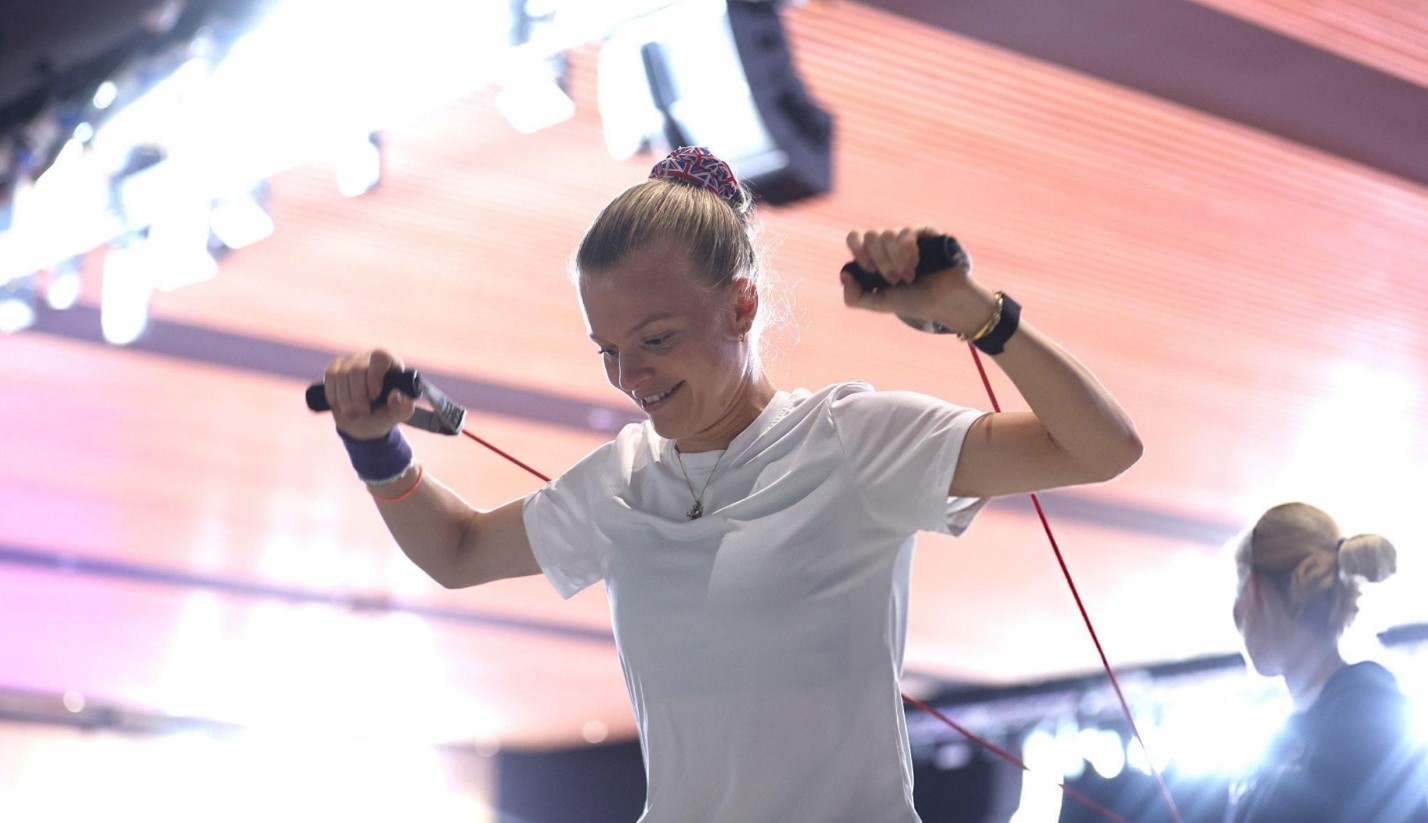British tennis star Harriet Dart has caused quite a stink at the Rouen Open after being overheard complaining that her opponent, France’s Lois Boisson, had a less-than-fresh aroma on court. Caught on the umpire’s mic between sets, Dart said: “Can you ask her to put on deodorant? She smells really bad.”
The quip, intended or not, has drawn widespread attention and sparked debate — not only about sportsmanship but also about the social politics of smell.
In fairness, tennis isn’t exactly a contact sport. Unlike rugby, wrestling, or football, where bodily proximity is part of the package, tennis players operate metres apart. For Dart to detect a pong from across the net raises more questions than it answers. Was Boisson employing some sort of scented psychological warfare? Had Dart’s nose become unusually attuned? Or was it all just a heat-of-the-moment jibe born of frustration?
Boisson certainly didn’t appear fazed. She returned fire where it mattered most — on the court — trouncing Dart 6-0, 6-3 and later posting a tongue-in-cheek meme on Instagram. Featuring a photoshopped image of herself holding a Dove deodorant bottle, she cheekily captioned it, “Apparently need a collab,” tagging the brand for good measure.
Dart, meanwhile, issued a swift apology: “I want to apologise for what I said on court today, it was a heat-of-the-moment comment that I truly regret.” A touch of deodorant and a dab of humility? Perhaps just what the match ordered.
Still, Dart’s remark now joins the pantheon of tennis outbursts that include the likes of John McEnroe’s infamous “You cannot be serious!” and Serena Williams’ explosive 2009 US Open rant at a line judge. Tennis, it seems, has always been a petri dish for passion-fuelled faux pas — tantrums dressed in tennis whites.
Yet, this latest controversy has also intersected with a broader conversation. In recent months, the politics of smell has become unexpectedly topical, thanks in no small part to Dr Ally Louks and her viral Cambridge PhD on “Olfactory Ethics” — exploring how scent is used in literature to signal race, class and social status. Suddenly, what someone smells like isn’t just a hygiene issue — it’s a cultural flashpoint.
From world leaders to Tube passengers, we’re now more aware than ever of how scent shapes perception. Take French President Emmanuel Macron, reportedly drenched in Dior Eau Sauvage to the point of overwhelming guests at the Élysée Palace. Or former US President Donald Trump, who was unflatteringly described by a fellow politician as smelling like “armpits, ketchup, makeup and a little butt”. Ouch.
All this begs the question — is it ever OK to tell someone they smell? Social etiquette might advise against it, but as the temperatures rise and Londoners pile into sweltering Tube carriages, olfactory offences are bound to increase. And with the rise of “natural” deodorants (aluminium-free, but not always fail-safe), the risk of aromatic missteps is very real.
Personal experience confirms as much: a brief dalliance with an artisanal natural deodorant during a work trip abroad resulted in arms permanently glued to the sides and constant paranoia. The dream of being a walking Lush advert was swiftly replaced by a cold, sweaty reality. Lesson learned.
So perhaps Dart’s comment — though ill-timed and impolite — struck a chord because, deep down, we all understand the awkwardness of body odour, whether our own or someone else’s. While the delivery lacked grace, the underlying issue is one many can relate to.
In the end, Boisson emerged victorious and seemingly odourless, while Dart will have to take this one on the nose. As sporting spats go, it’s certainly one for the history books — and possibly the fragrance counters too.






